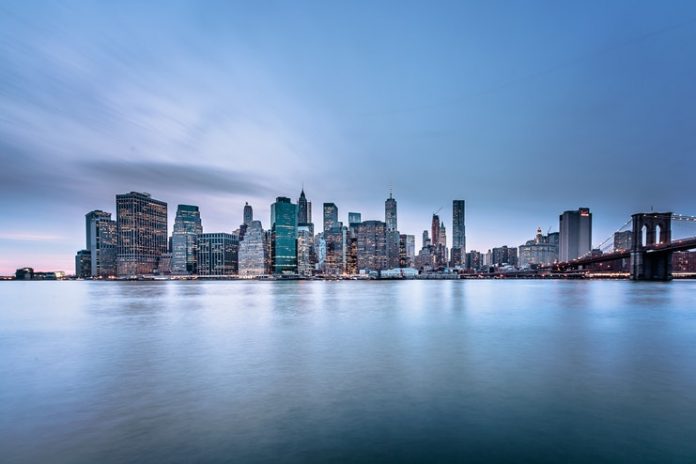WASHINGTON—A national survey conducted by Morning Consult and commissioned by the American Hotel & Lodging Association (AHLA) found that only 29 percent of U.S. travelers would consider traveling to a city or urban destination this summer, further showing the economic devastation facing urban hotels and markets, which rely heavily on business from events and group meetings, underscoring the need for targeted relief from Congress.
Urban hotels ended January down 66 percent in room revenue compared to last year, which does not include the lost revenue from groups, meetings, and food and beverage that are drivers for business in these markets. For example, New York City has seen one-third of its hotel rooms (42,030 rooms) wiped out by the COVID-19 pandemic, with nearly 200 hotels permanently closing in the city.
Hotels are the only segment of the hospitality and leisure industry yet to receive direct aid despite being among the hardest hit. That’s why AHLA and UNITE HERE, the largest hospitality workers’ union in North America, joined forces to call on Congress to pass the Save Hotel Jobs Act introduced by Senator Schatz (D-Hawaii) and Rep. Charlie Crist (D-Fla.). This legislation provides a lifeline to hotel workers, providing the assistance they need to survive until travel returns to pre-pandemic levels.
The survey of 2,200 adults was conducted by Morning Consult on behalf of AHLA. Key findings include:
- Only 29 percent of respondents are likely to travel to a city or urban destination this summer, and 71 percent state they would not travel to an urban market.
- Seventy-five percent are uninterested in traveling to a U.S. city or metropolitan area to avoid dealing with pre-travel or post-travel quarantine and testing guidelines.
- Seventy-three percent are uninterested in traveling to a U.S. city or metropolitan area due to lack of interest in traveling generally.
- Seventy-two percent are uninterested in a vacation or leisure trip to a U.S. city or metropolitan area despite lower prices due to fewer people traveling.
“Hotels and hotel employees in urban markets are among those most impacted by the dramatic decline in travel over the last year,” said Chip Rogers, president and CEO of AHLA. “COVID-19 has wiped out 10 years of hotel job growth. While many other hard-hit industries have received targeted federal relief, the hotel industry has not. We need Congress to pass the Save Hotel Jobs Act so hotels in the hardest-hit regions can rebound when business and group travel begin to resume once again.”
According to the same Morning Consult survey, more than seven in 10 U.S. citizens (71 percent) support the government providing targeted economic relief to the hotel industry as called for in the Save Hotel Jobs Act, with support being even higher among Democrats at 79 percent.
Hotels in urban markets have been disproportionally impacted by the pandemic. While leisure travel will start returning this year as more people are vaccinated, business and group travel, the industry’s largest source of revenue, will take significantly longer to recover. Business travel remains nearly nonexistent and is not expected to return to 2019 levels until at least 2023 or 2024. Business travel is down 85 percent from pre-pandemic levels and not expected to begin to slowly return until a COVID-19 vaccine is widely available in the second half of the year. Major events, conventions, and business meetings have also already been canceled or postponed until at least 2022.
Leisure and hospitality have lost 2.8 million jobs during the pandemic that have yet to return, and the unemployment rate in the accommodation sector remains 225 percent higher than the rest of the economy. Leisure and hospitality unemployment represent more than 25 percent of all unemployed persons in the United States, according to the Bureau of Labor Statistics.











